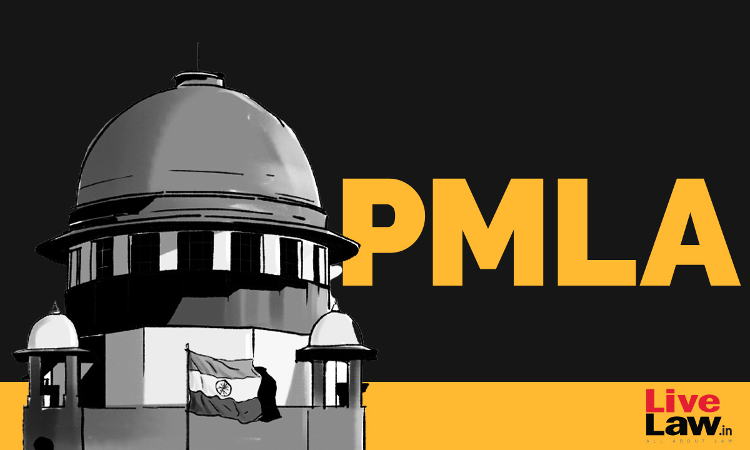Upon reopening, the Supreme Court is expected to pronounce its judgment in the batch of petitions concerned with the interpretation of the Prevention of Money Laundering Act, 2002. Over a span of almost one and a half months, the Supreme Court heard arguments of the Senior Counsels representing the petitioners, the Solicitor General of India and the ASG appearing on behalf of the...

